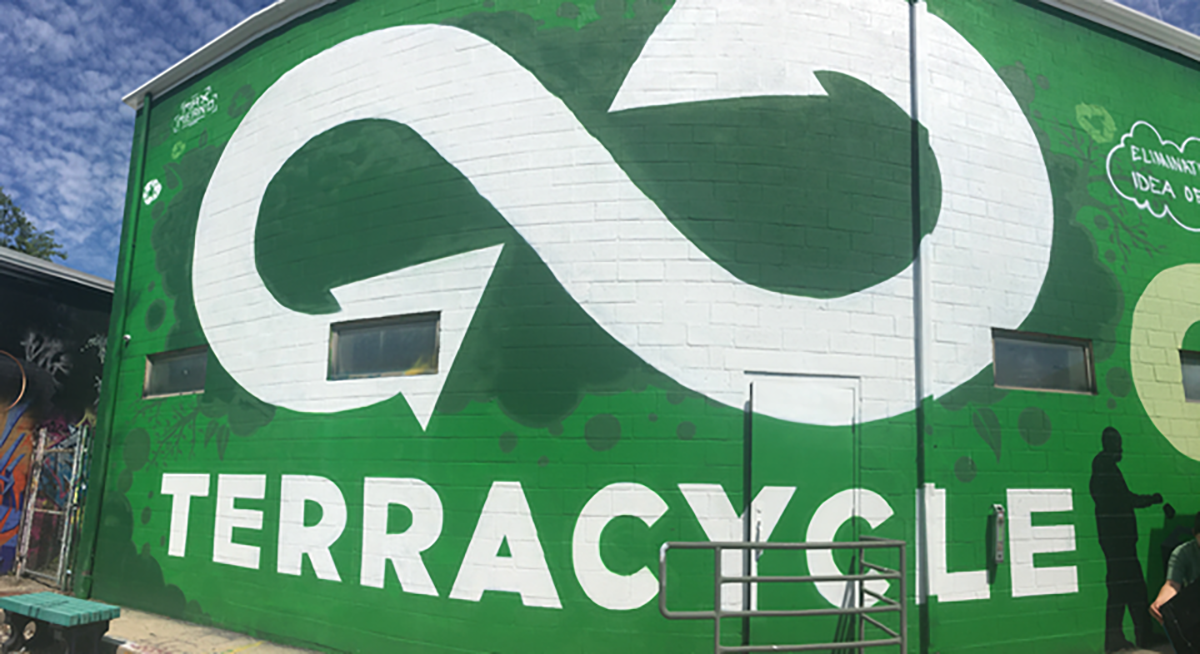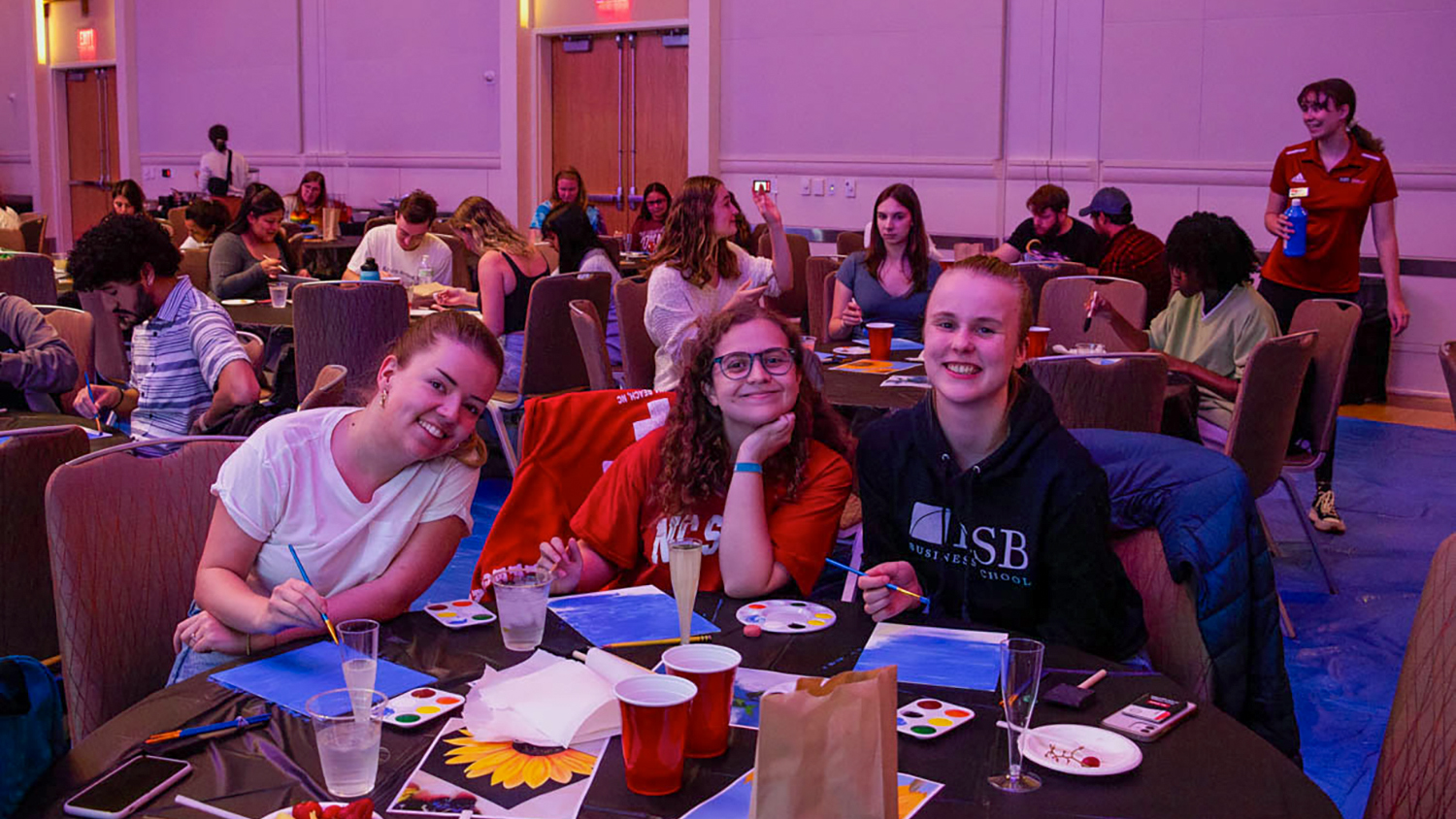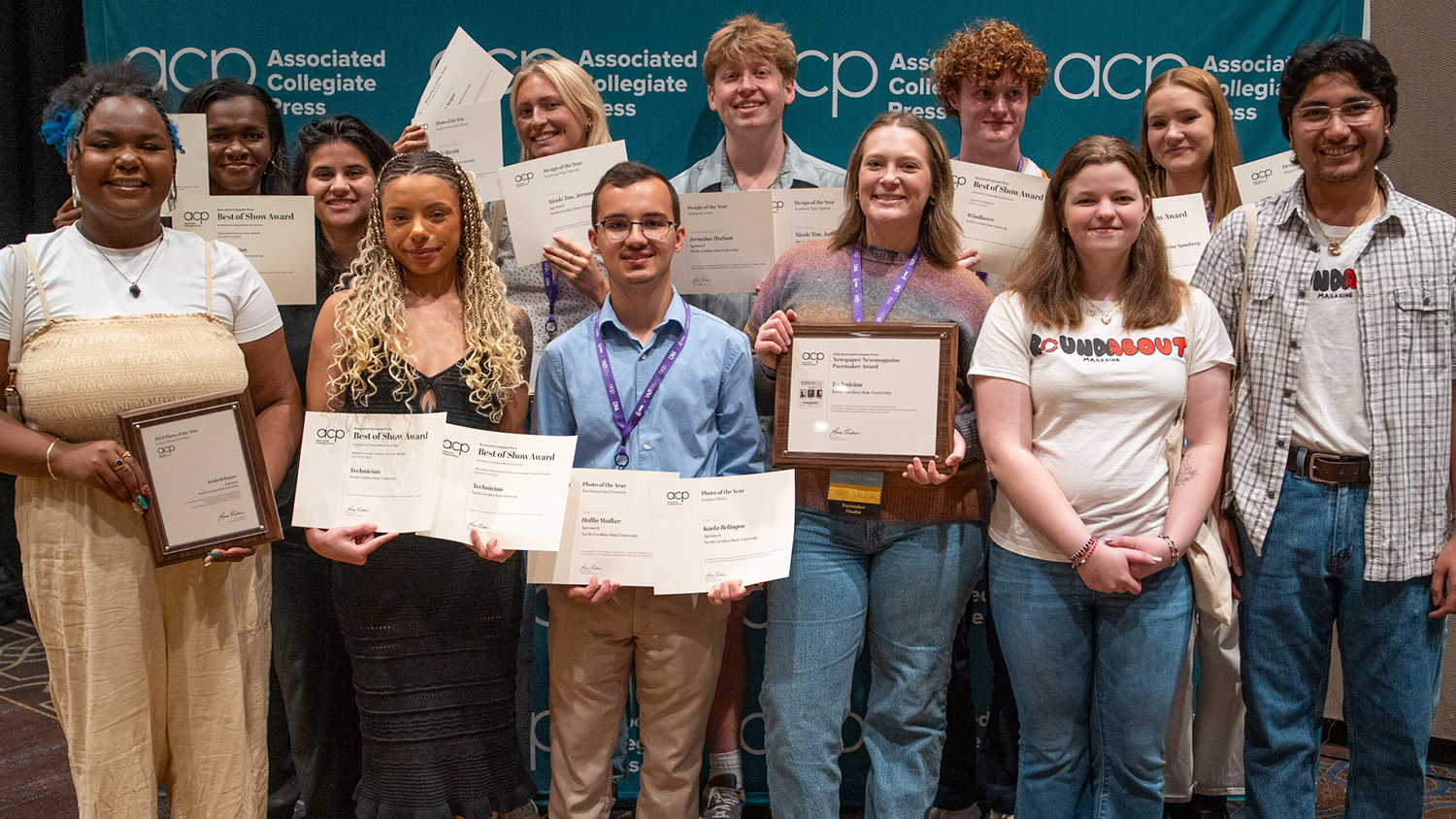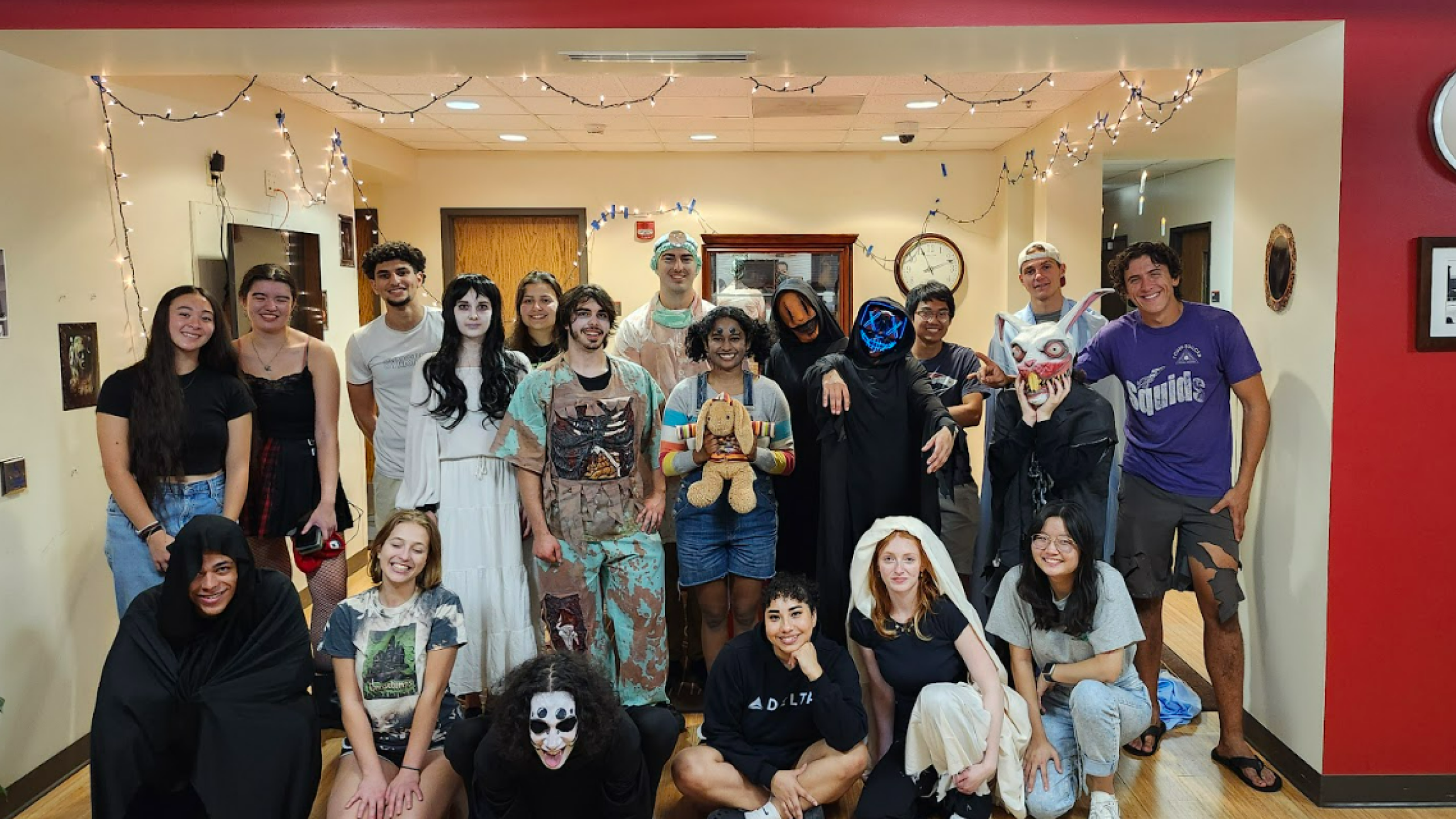Spotlight on Our Students: Reducing Waste through Sustainable Consumerism

In this edition of Spotlight on our Students, we had a few minutes to chat with Sarah Taylor about her summer internship experience with Terracylce, an innovative recycling company based in Trenton, New Jersey.
Sarah is a junior University Honors student from Cary, NC, double-majoring in Chemical Engineering and Spanish. Read on to learn more about her experience in the Garden State putting large scale sustainability practices into action.
UHP: Sarah, thanks for taking the time to chat with us. I know the semester is underway and you likely have a full plate. For starters, what sparked your interest in Terracycle and what exactly did your internship entail?
ST: I learned about Terracycle when I was much younger since my aunt has been working there for almost 10 years. When I was a kid, I was able to tour the office and was amazed by all of the ways items, we may think of as trash, were used as art and even for functionality. Terracycle makes recycling cool and innovative and reaches communities to educate and inspire others to recycle.
“When I was a kid, I was able to tour the office and was amazed by all of the ways items, we may think of as trash, were used as art and even for functionality.”
My internship specifically was with Loop, a company within Terracycle that seeks to shift the consumer experience from disposability to durability. Loop launched mid-May in the Northeast US and Paris, and functions as an e-commerce platform where consumers can order products that have been approved for the platform. They receive the products on their doorstep in a durable tote and durable packaging. After they have used the products, they ship the tote with the empty packages back to the Loop warehouse. That’s where they are cleaned and refilled for more uses. I worked in the research and development department, which creates optimal packaging and test packaging for containers on the platform or who want to offer products on the platform. I also learned about life cycle analysis, which is used in the company to compare the environmental impact of using Loop versus a traditional e-commerce or retail model of buying goods.
UHP: Very cool. That sounds like a great way to reduce waste, but still use the products we know and enjoy. Can you tell us a little about what you learned from your time there?
ST: Over the summer, I learned how to make the consumer experience more sustainable, and how different models of consumerism are more or less sustainable in different areas. I learned more about plastics and how they can be recycled and reused, how to recycle materials through Terracycle that municipal recycling doesn’t handle. I learned how a research and development employee or someone from a technical background can work with others with a business and marketing background to make sustainable ideas survive in a competitive market and even be profitable. The sustainable choice is often difficult for a consumer to make, due to factors such as cost, accessibility, and lack of knowledge, which means that researchers and engineers have to work closely with marketing, public relations, business development, and others to bring sustainable designs to consumers and make them affordable and competitive with other designs.
UHP: That’s a very interesting symbiotic relationship that most people don’t consider – the need for engineers and marketers to work together to help promote sustainable consumer choices, but also to make them easier. What was something interesting or challenging you did as a part of the Terracycle team?
ST: To me, the most interesting thing I did was working on the comparative life cycle analysis for Loop. I am taking a life cycle analysis class this fall, so learning about the process over the summer was been extremely interesting and will be useful this semester! Essentially, a life cycle analysis is a comprehensive study of every environmental impact that the production of an object has from “cradle to grave”; that is, from the raw materials sourced to produce an object to its end of life (recycling or disposal). The most challenging part of the internship was integrating myself into the Terracycle community and learning the ins and outs of the company and the way it works, as a new addition to the company.
UHP: Learning all about how products are made, used, and disposed of does seem like a very essential aspect of this process. What was the most valuable thing you learned from the internship?
ST: The most valuable thing I learned was how much interns have to gain out of the internship process. While every assignment we worked on isn’t always the most glamorous, I had the ability to learn about projects in every area of the company, collaborate with other departments, and got advice from more seasoned employees. I also learned that if I felt that I didn’t have enough to do or my projects didn’t align with my interests, my manager and the R&D employees were extremely helpful and willing to give me projects in different areas or explain some of the projects they were working on that I found more interesting. By doing my job well and expressing eagerness and a willingness to learn, I opened up the door to more opportunities and projects within my internship.
UHP: That’s a positive “ask and you shall receive” approach to the internship experience. How would you say your time in the University Honors Program prepared you for this intership?
ST: My time in the University Honors Program prepared me for an internship by allowing me to tackle problems on the small scale but also see how everything fits together big-picture since Loop is a complex, multifaceted organization that seeks to change the way that consumers think about packaging and consumption. It has also improved my time management skills and my ability to work independently and with groups. Most of my work was divided into various projects with different deadlines and the interns often had to develop their own procedures for testing or accomplishing a goal, so teamwork and time management were extremely important.
UHP: Excellent. Do you have any advice for other University Honors Program students about how to prepare for an internship? Or how to take advantage of one if you have it?
ST: I would advise students not to think of an internship as just something you have to do over the summer to improve your resume, but as an opportunity to learn more about your field and what you might like to do after college. The experience is meant to serve not only the company but the interns as well, by providing them with guidance, hands-on experience, and the ability to figure out the types of jobs they do and don’t enjoy. I would tell students to apply for internships that interest them even if they are advertised for a different major since there is the opportunity for overlap between majors in a workplace. I would tell students to not be afraid to ask questions and to learn from the current employees.
UHP: Yes, when approached in a proper mindset, internships really can be very beneficial to the overall college experience and for life after college. To close us out, I have to ask, what is the best advice you’ve ever received?
ST: A piece of advice I find applicable to the experience of being an intern at a company comes from a book written by Canadian astronaut Chris Hadfield, An Astronaut’s Guide to Life on Earth. One of the chapters talks about the concept of “being a zero”. He explains that there are three ways that a new person can contribute to a group: they can be a -1, actively harmful, a +1, actively adding value, or a zero, having a neutral impact. While it might be tempting for a new intern or employee to want to prove their knowledge and skill at a company, they may end up causing tension or conflict in the group dynamic and appearing cocky and arrogant. Instead, Chris suggests aiming to be a zero – completing assignments to the best of one’s ability, learning the ropes, being kind and humble, and asking questions. In my mind, this is the best way to integrate into a new work community and earn the respect of colleagues and managers.
UHP: That really is good advice, particularly for interns. Well, Sarah, thank you so much for taking the time to talk with us and share your experience. Best of luck this semester and let us know how your future endeavors unfold.


